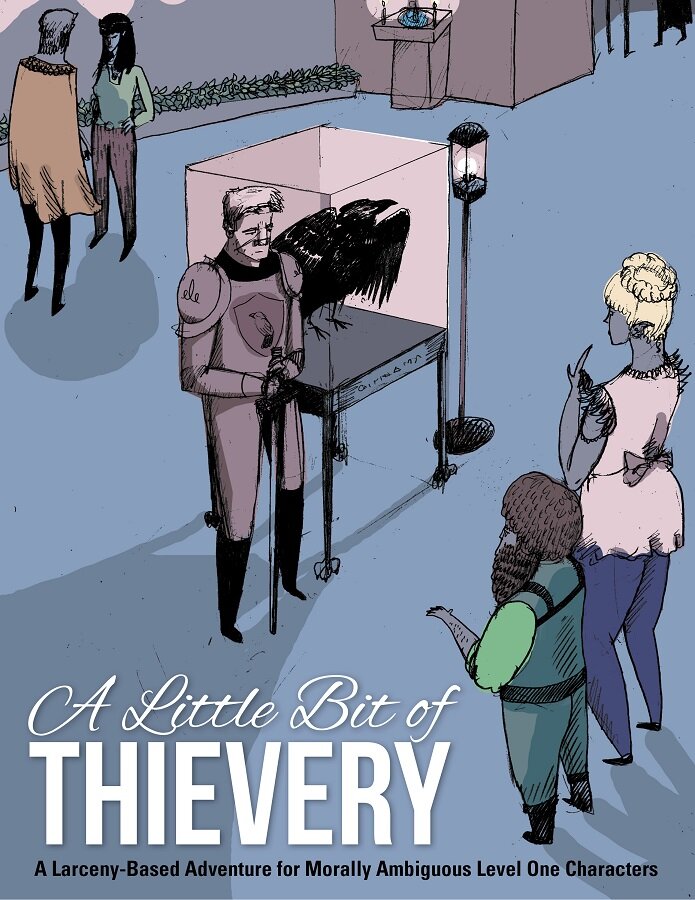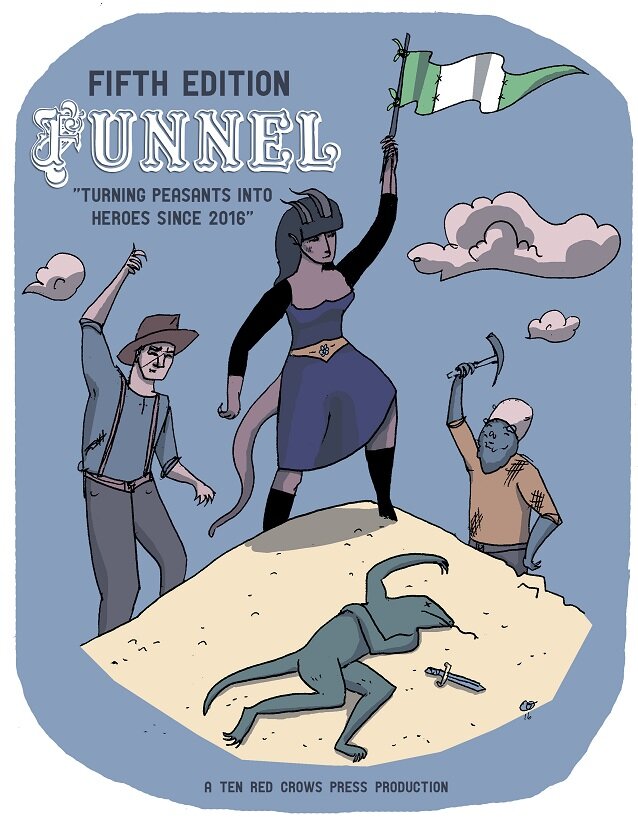I was recently introduced to Mass Effect by two friends and immediately dived in. For a person who considers video games as art, it’s a real cinematic experience that is emotionally on par with a top tier novel or TV series. I’ve marched through ME2 and ME3, and now I have started working through ME1. They are all awesome, in a way that art is awesome. They make you think about things greater than yourself.
The part of the game that feels different is the decisions you make as you play (they can even affect your performance in future games). This is a gross oversimplification, but the choices in the series highlight the difference between the three main types of decisions that often come up in RPGs: optimal, conflicting, and preference.
Optimal choices
A vast majority of the decisions revolve around Shepard merely selecting the optimal choice. These are not decisions as much as they are things to figure out. Consider the loyalty missions in Mass Effect 2. You don’t have to do them, but if you do, everyone has a better chance of surviving the suicide mission in the end of the game. In general, every Shepard should be highly incentivized to do them just because of the higher survival rate. There is also no cost to doing these missions. It’s not like the antagonists will take over the universe while you deal with your crew’s personal problems. “Oh, your ridiculously rich super villain father is stalking your sister? Sure, there’s an invasion on, but I’ll help you our first. The Collectors have their schedule, and I have mine.”
Preference decisions
These decisions have minimal game impact but allow Shepard to show some agency (e.g. punching the snot nosed reporter or flirting with Asari). They don’t really change the way the game operates, but you do get to see a little clip that shows your character’s preference. Maybe you’re a kinder Shepard that realizes that reporter just needed a shoulder pat. Regardless, Admiral Hackett isn’t going to call you up and ask you to stop hitting/peting reporters nor is there any substantial impact on the game. Preference decisions likely have little game impact because of the limitations of a written script, you just can't write for every permutation.
Conflicting Decisions
There are times when there is not a clear optimal outcome. Do you save Ashley or Kaiden? These choices have real costs and drawbacks. As humans we really look toward making optimal decisions, and when we can’t, we stumble. When there are no clear perfect outcomes, the choice you make actually defines who you as a person. Without competing goods there is no moral or ethical boundary to test: we are just left with figuring out the optimal solution and then agreeing. “Why, yes, I would like the Geth and Quarians to make peace and join the armada.”
What can we learn from all this?
As a DM, you’re going to want to be aware of the different decisions you offer the players. Most (although not all) decisions we make in video games are optimal, we just do the fucking fetch quest to the get the sword because that’s the best thing for any player to do. My guess is that the writers like to see a majority of their content used, and don’t want to allow a player to skip over 10 hours of game time. I think this bleeds over to campaign design and as DMs we often hand out too many optimal decisions for the players or forget to make preferences meaningful.
An optimal choice is no choice at all, and preferences don’t have a substantial impact. For the story based games that I run, the real heart of an RPG is the conflicted choice and this drama defines the characters.
This doesn’t mean you should never offer the character a chance to figure out the optimal choice, or show a preference in the game. But, if you want, you can begin to pull optimal and preferential choices toward a more conflicted choice.
For example, say there is an orc horde headed toward the town, and the players have the option to recruit barbarians, mercenaries, and druids to help fight. If they have time, the players will recruit everyone for the battle, because that’s the optimal decision. You can turn this into a conflicted choice if the players only have the chance to rally two of the groups. How would your players handle that? What if the barbarians are the strongest fighters, but are just as likely as the orcs to sack the town once their blood is up?
Think about how different Mass Effect 2 would be if the Collectors had a schedule. Perhaps you only had time to do the loyalty missions of six crewmembers, and they are the ones that were more likely to survive? That is a different outcome than tooling around the galaxy for 74 months solving everyone’s problem and mining every single speck of element zero for upgrades.
For preferential choices, just ensure there are long term consequences to the character's actions. For example, if you start enough bar fights, eventually word will get around and the bouncers won't let you in.
Wrapping up
Look at the choices you offer your players. Are the mostly optimal? If so you might want to start changing the choices style and see how they react. You might get a deeper set of characters who are more in tune with the game world.



